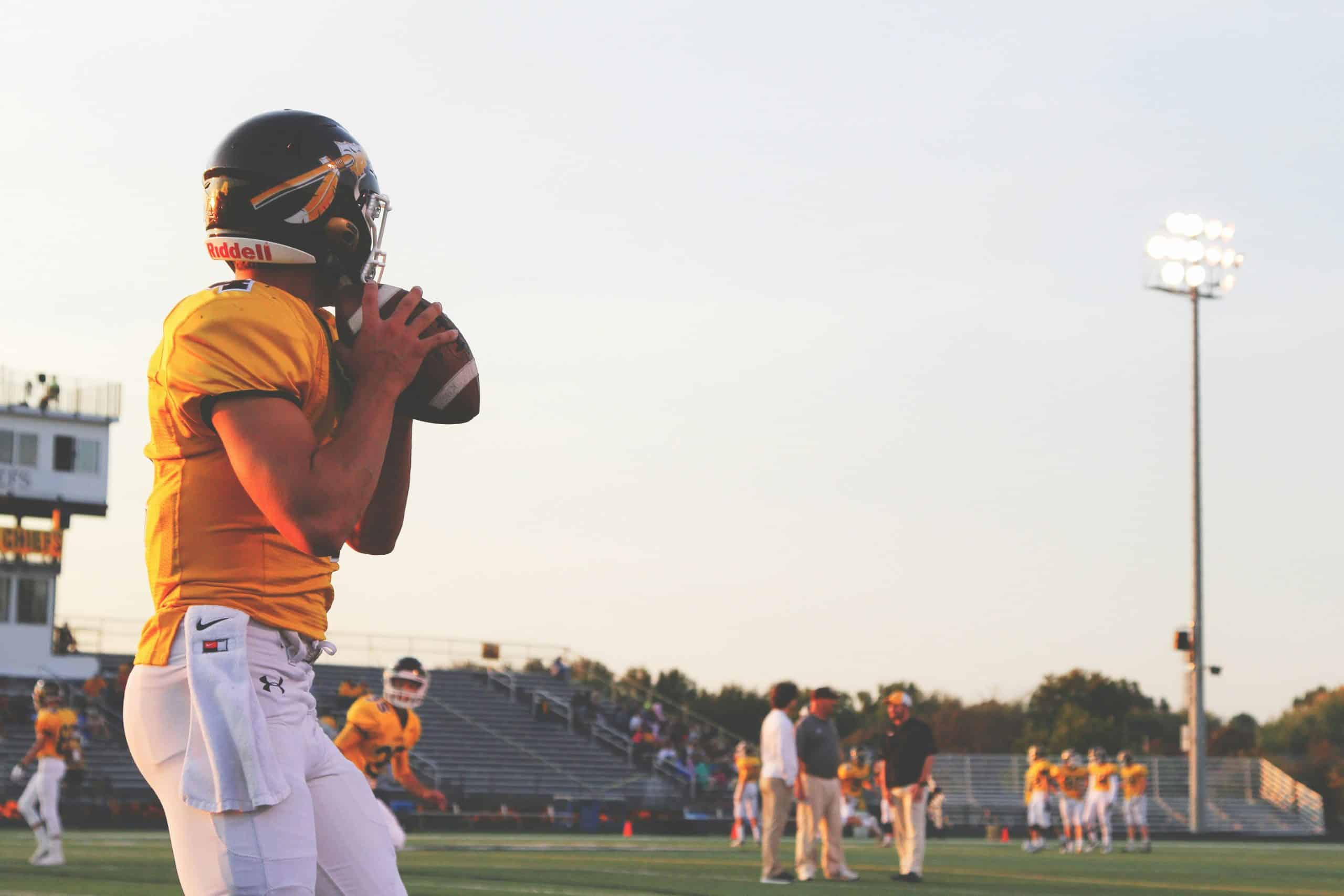What’s the impact of social activism on sports and athletes?

In recent years, the arena of sports has become a powerful stage for social activism. Athletes across a multitude of disciplines are leveraging their public platforms to voice concerns over social, political, and human rights issues. This intersection of sports and social activism is shaping the landscape of athletics, influencing the role of athletes in society, and altering the way we, as fans and members of society, engage with sports. The question arises: how does social activism impact sports and athletes?
From the raised fist at the 1968 Olympics to the more recent actions by Colin Kaepernick, social activism has a storied history within sports communities. The actions of athlete activists, as we’ve come to know them, often trigger significant reactions, sometimes sparking national conversations about pressing issues, such as racial injustice, civil rights, and police brutality.
Sujet a lire : Unseen heroes: the impact of coaches in sports success
The influence of these athletes extends beyond the court or field, as they also bring attention to causes through social media and other platforms. As greater attention is focused on the actions of sports figures off the field, we must examine the effects of this activism on the athletes themselves, their sports, and society as a whole.
The historical context of athlete activism
Athlete activism is not a new phenomenon. Throughout history, athletes have used their visibility to bring attention to social issues. In the 1960s, figures like Muhammad Ali and Tommie Smith stood as prominent examples of how sports figures could influence the national dialogue on civil rights and human rights. Their actions, though controversial at the time, paved the way for modern athletes to speak out.
A lire aussi : What is the role of sports in education and academic settings?
The impact of such activism has been profound. As African American athletes and others took a stand, they challenged the status quo and pushed for social change. Their courage inspired many and showed that sports could be a vehicle for meaningful dialogue and progress.
The role of social media in amplifying activism
Social media has revolutionized the way athlete activists can communicate with the public. Platforms like Twitter, Instagram, and Facebook allow athletes to reach millions of people instantly, bypassing traditional media channels. As a result, their messages have a broader, more immediate impact.
The case of Colin Kaepernick, who first took a knee during the national anthem to protest police brutality and racial injustice, was amplified greatly through social media. The image of Kaepernick kneeling, shared and re-shared across platforms, became an iconic symbol of athlete activism.
Social media has also provided a space for dialogue among fans, athletes, and the public. These conversations can deepen understanding of the issues at hand and can lead to increased engagement and action.
The effect of activism on team dynamics and the game
When an athlete takes a social or political stand, it has the potential to affect team dynamics. Team sports, where unity is often synonymous with success, can face challenges when individual players take a stand on issues. The diversity of opinions within a team on social and political matters can create tension, but it can also lead to conversations and a deeper understanding of teammates’ perspectives.
Moreover, activism can affect the game itself. Protests during events or games can shift the focus from the sport to the issue being highlighted. Some argue this distracts from the athletic competition, while others believe it enriches the sporting experience by acknowledging the athletes as individuals with voices and concerns beyond their sport.
The impact of athlete activism on fans and viewership
Fans have varied responses to athlete activism. Some support athletes using their platforms to promote social change, while others prefer sports to remain a space free from political or social commentary. This division can impact viewership, as some fans may choose to boycott leagues or games in response to activism they disagree with.
However, athlete activism can also draw in new audiences who are interested in the intersection of sports and social issues. It can attract those who may not have been sports fans previously but find the social engagement of athletes compelling.
The long-term effects of athlete activism on society
The implications of athlete activism are far-reaching. By taking a stand, athletes can bring critical issues to the forefront of national conversations. Their influence can lead to increased awareness, policy changes, and even shifts in societal attitudes.
Moreover, athletes who engage in activism often inspire others, including young people, to become more socially conscious and active themselves. The actions of athlete activists can have a ripple effect, encouraging a new generation to work towards social justice and equality.
The impact of social activism in sports is multifaceted and significant. Athletes have become influential figures in social and political discourse, using their platforms to bring attention to critical issues affecting not just themselves but society at large. Whether it’s through raising a fist, taking a knee, or speaking out on social media, athletes have the power to effect social change.
The dynamics within sports teams, engagement with fans, and the broader societal implications are all influenced by the actions of athlete activists. While these actions can lead to division and debate, they also encourage dialogue and deepen the societal impact of sports.
Ultimately, the legacy of athletes as activists is a testament to the power of sports as a platform for social justice and human rights. Their actions remind us that sports are more than just a game; they are a reflection of our society and a potential catalyst for progress. As we continue to witness the evolving role of athletes in activism, we must consider the impact their voices have on the sports we love and the world we live in.
